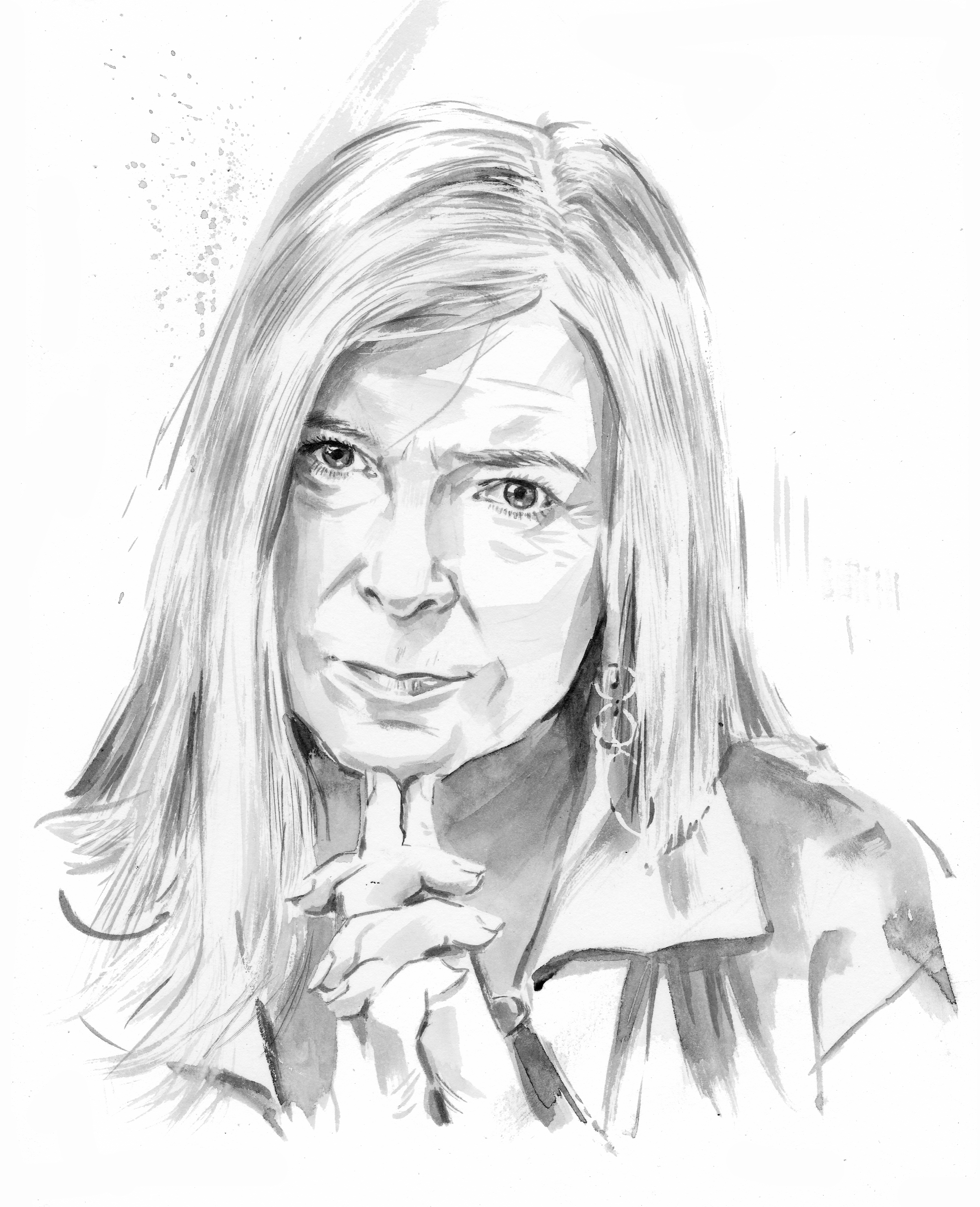I went to see a play the other week. Then I went to see it again the week after. Why? Well, despite me having professional and lived experiences of the subject matter, the play still had plenty to teach me.
Laughing Boy is the true story of Connor Sparrowhawk, a boy with epilepsy and learning difficulties who tragically drowned alone in a bath in a specialist unit in Oxfordshire.
Connor had been at a special school that understood him. He came from a loving family who valued him because of who he was. As he grew older, his behaviour became more complex and he was sectioned in a specialist health unit. I won’t tell you the whole story, but I urge you to read the book or, even better, see the play.
It moved me not only because I have a son with epilepsy and learning difficulties but also because it shines a light on so many of the issues that our broken system needs to address.
Working together on SEND support
Parent knowledge and voice to provide a deeper understanding of the individual is so important. (In this case, Connor’s mum had said he had an epileptic fit, but she was not believed). The unconditional positive regard for young people and their experiences can’t be underestimated.
When we use terminology like “working together”, we need to see its power and what a difference it can make in practice. This applies to parents, health, social care and beyond, and it needs to be real.
More from Margaret Mulholland:
It reminds me why it’s so important that we have the autonomy to act and work on what’s needed to make a positive difference, rather than asking what can be managed within the limitations of the system. That’s why I believe that compassionate leadership is also effective leadership.
There is a cohesive shift in schools that I’ve worked with recently towards restorative and relational approaches. These seem to be about developing a sense of community where everyone feels respected and valued (rather than fearful and anxious) and can experience a sense of belonging and success (rather than isolation and failure).
Instead of simply applauding those who show humanity and compassion, I’m advocating for the care and compassion we talk about in schools to be the fundamental principle in the output of new policies that affect education and healthcare.
In practical terms, this means growing the capacity to see through the eyes of others, not just to show empathy but to triangulate evidence. And to stay evidence-informed by continuing to seek a fuller picture.
The ‘cliff edge’
Contrast this with the stark reality of an educational environment where Connor was understood and cared for and another where he simply wasn’t.
The danger of the “cliff edge” that is now a feature of life for young people with education, health and care plans is sharply illustrated in the play. It is so easy for the knowledge of what works and those who hold it to be lost in transition.
Both education and health have to support young people up to 25, but the bridges between the services are not working as they should, and the fractures in the system have been normalised through years of attrition.
There are thousands of powerful human stories like Connor’s, where the need for humanity and compassion is so obvious; where the system dehumanises to appear strong. Unfortunately, capturing these stories in retrospect is simply not good enough.
As busy school leaders, how can we strengthen the use of evidence that families hold to build it into evidence-informed practice? We have to change and take a lesson from Connor’s mum.
Even in concerning situations, kindness, care and inclusion are more effective than consequences, isolation and exclusion.
Margaret Mulholland is the special educational needs and inclusion specialist at the Association of School and College Leaders
For the latest research, pedagogy and practical classroom advice delivered directly to your inbox every week, sign up to our Teaching Essentials newsletter





